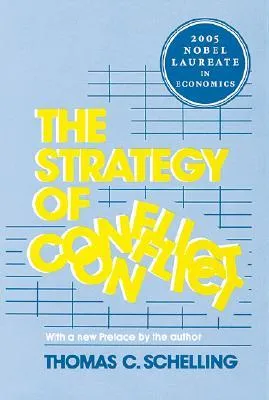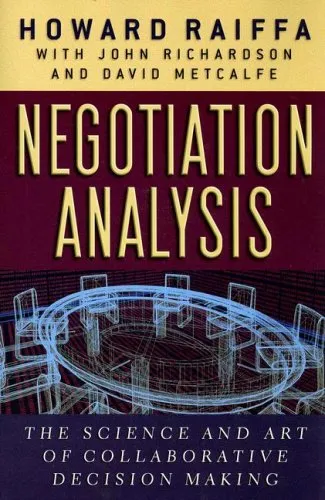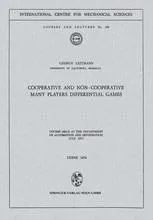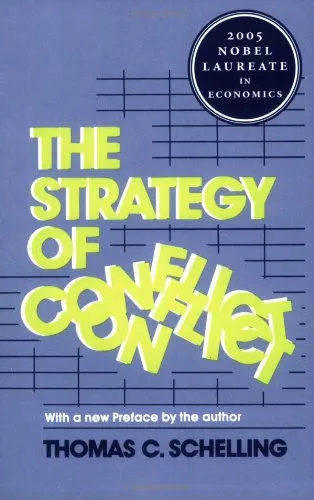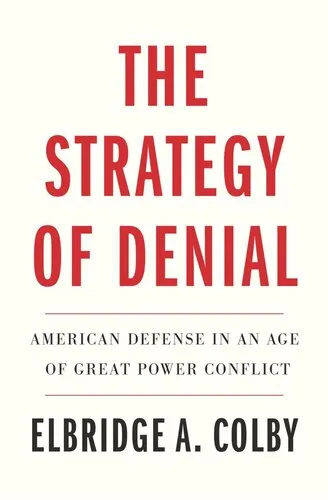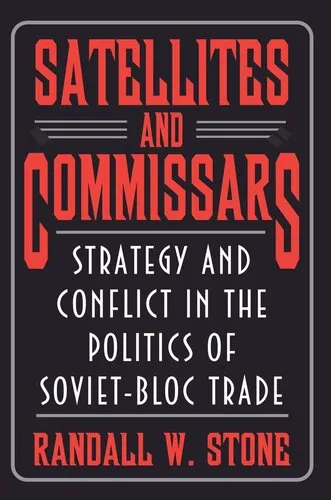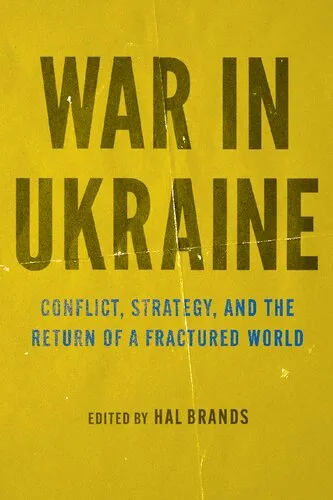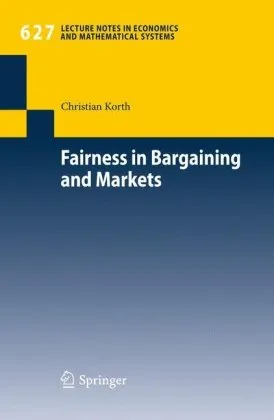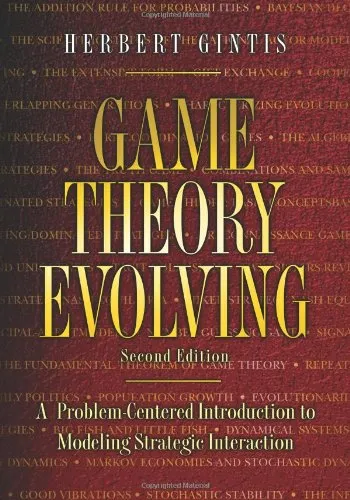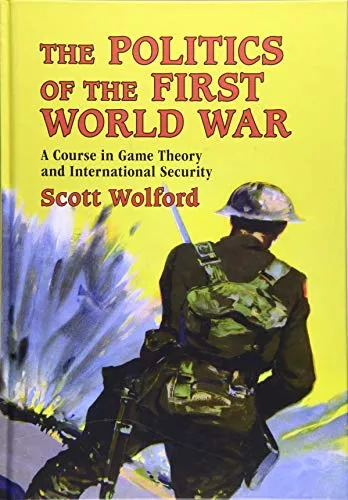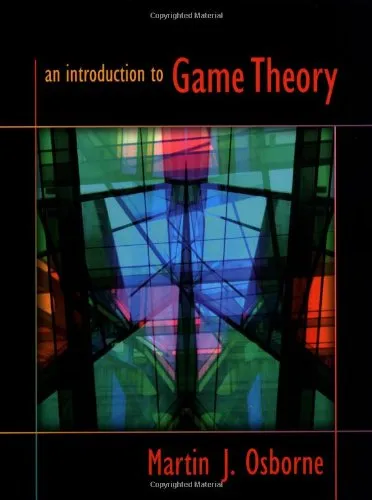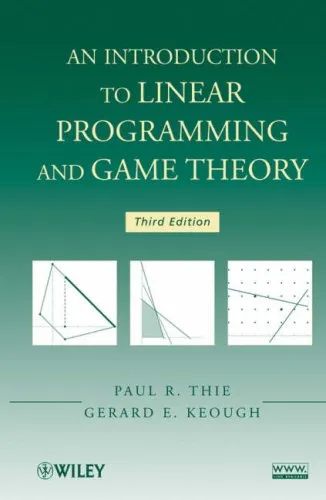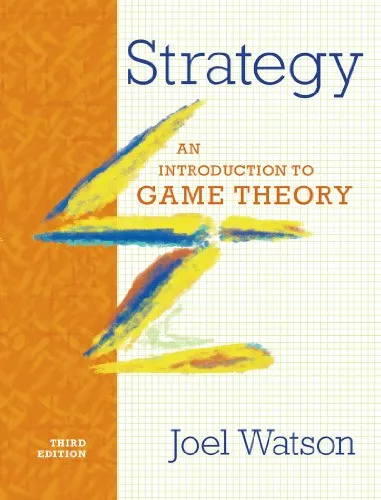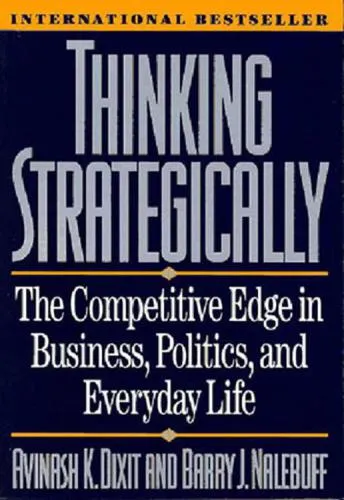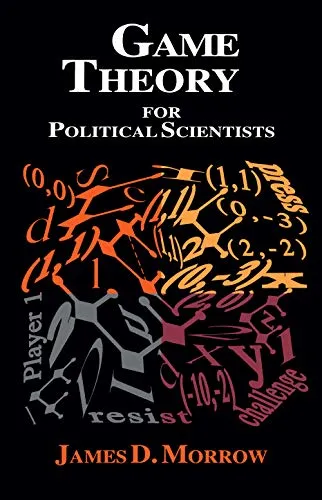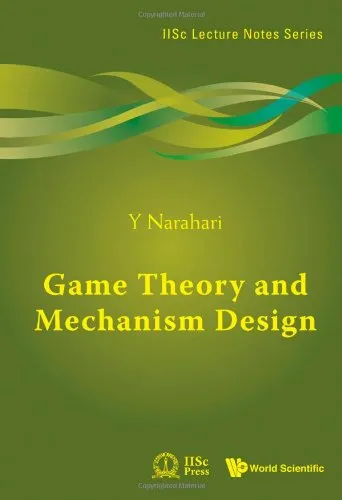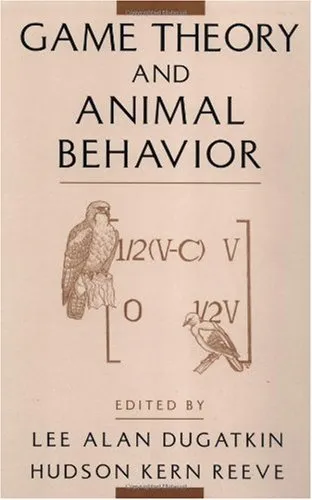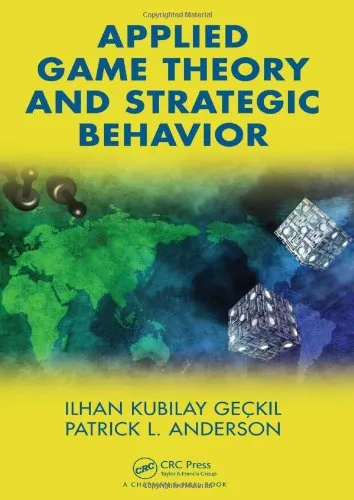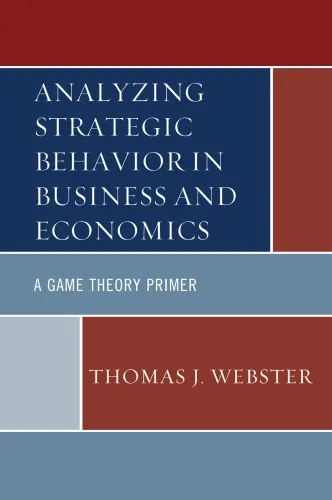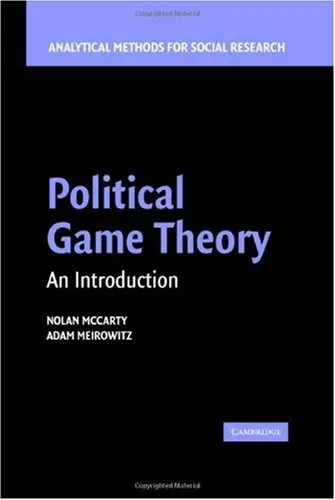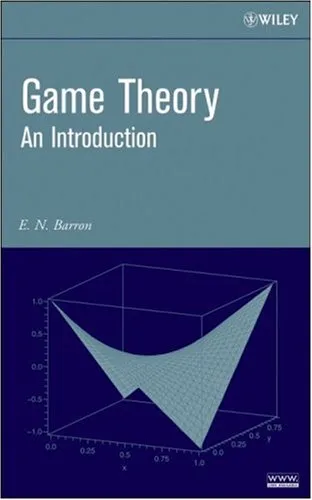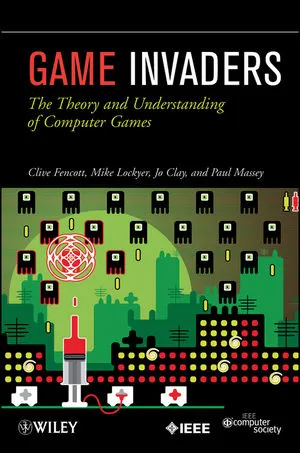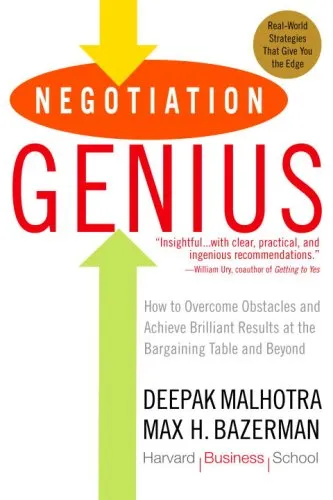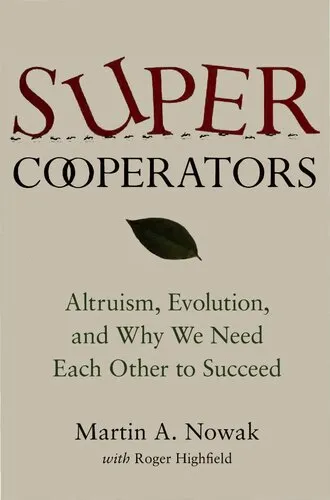The Strategy of Conflict: With a New Preface by the Author
4.5
Reviews from our users

You Can Ask your questions from this book's AI after Login
Each download or ask from book AI costs 2 points. To earn more free points, please visit the Points Guide Page and complete some valuable actions.Related Refrences:
Introduction to 'The Strategy of Conflict: With a New Preface by the Author'
Welcome to an exploration of one of the seminal works in game theory and strategic thought. 'The Strategy of Conflict' by Thomas C. Schelling is a groundbreaking contribution to better understanding how we negotiate, manage, and resolve conflicts. First published over six decades ago, this book has left an enduring impact on the fields of economics, political science, and beyond.
Detailed Summary of the Book
Thomas Schelling's 'The Strategy of Conflict' focuses on the strategic elements of conflict, closely examining the intricate dance of bargaining and negotiation. Schelling delves into how individuals and nations resolve and manage conflict in zero-sum scenarios—situations where one participant's gain is exactly balanced by the loss of the other.
Through a series of essays, Schelling offers complex analyses of military strategy, deterrence, and coercive diplomacy. One of the book's key contributions is the concept of the "focal point" or "Schelling point," which suggests that people can successfully coordinate their actions by focusing on a solution that seems natural or special to all participants involved, even when they cannot directly communicate.
The book also critically explores the idea of credible commitments and how seemingly paradoxical actions, such as making irrational threats, can become beneficial strategies in negotiations. Scholars and strategists find Schelling's insights useful across many scenarios, from business negotiations to managing international disputes.
Key Takeaways
- Game Theory and Strategy: Schelling's application of game theory to conflict resolution offers a deeper understanding of strategic interaction.
- Schelling Points: The identification of common or focal points helps in the coordination and resolution of competitive situations.
- Commitment and Deterrence: A detailed exploration of credible commitments as a tool in negotiations and conflict management.
- Paradoxes in Strategy: Insight into why counterintuitive actions, like constrained aggression, might sometimes yield positive outcomes.
Famous Quotes from the Book
“The power to constrain an adversary depends upon the power to bind oneself.”
“To retaliate in kind is as natural as to seek freedom from restraint.”
“Strategic moves are designed to influence another person's choice, in a manner favorable to oneself, by affecting that person's expectations on how one will behave.”
Why This Book Matters
Thomas C. Schelling’s 'The Strategy of Conflict' is more than just a treatise on academic theories; it is an essential guide to navigating the complexities of real-world interactions. Schelling’s emphasis on the structure of strategic commitments and the insights into how rational actors can make seemingly irrational decisions revolutionized the understanding of decision-making under pressure.
Applicable in multiple disciplines such as political science, economics, and beyond, Schelling’s work challenges traditional perspectives on conflict resolution and has been instrumental in the development of modern strategic policies. This book remains highly relevant in today’s global landscape, where conflicts continue to resonate on both micro and macro scales. For anyone looking to understand strategic behavior, 'The Strategy of Conflict' is a vital resource, rich with analytical power and enduring wisdom.
Free Direct Download
You Can Download this book after Login
Accessing books through legal platforms and public libraries not only supports the rights of authors and publishers but also contributes to the sustainability of reading culture. Before downloading, please take a moment to consider these options.
Find this book on other platforms:
WorldCat helps you find books in libraries worldwide.
See ratings, reviews, and discussions on Goodreads.
Find and buy rare or used books on AbeBooks.
1492
بازدید4.5
امتیاز0
نظر98%
رضایتReviews:
4.5
Based on 0 users review
Questions & Answers
Ask questions about this book or help others by answering
No questions yet. Be the first to ask!
